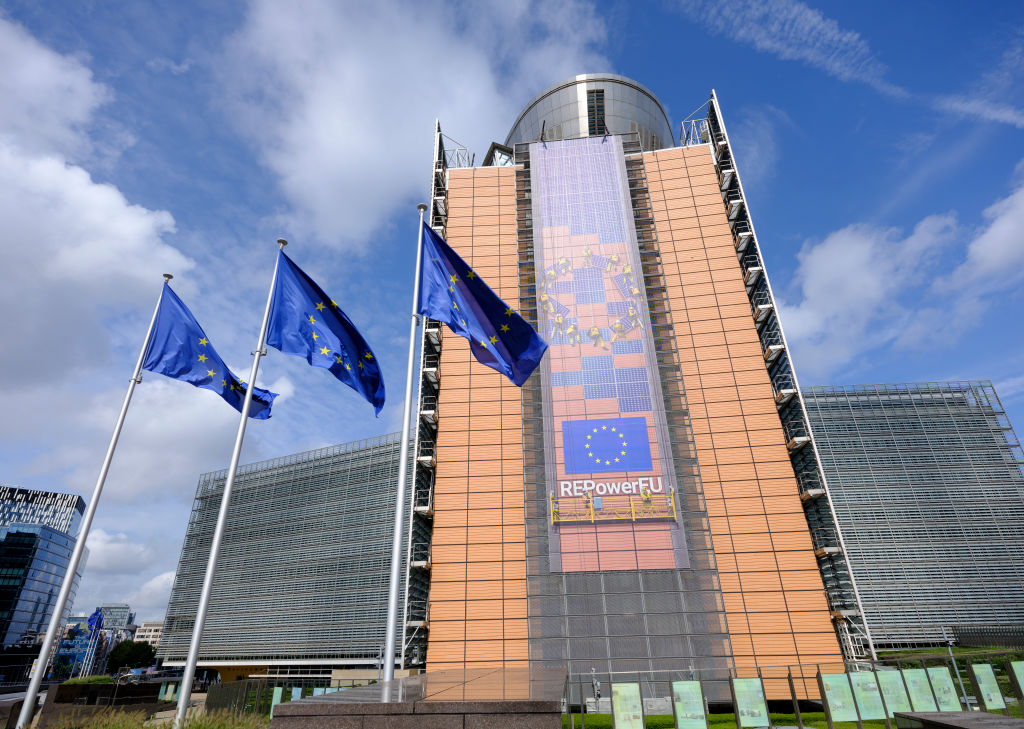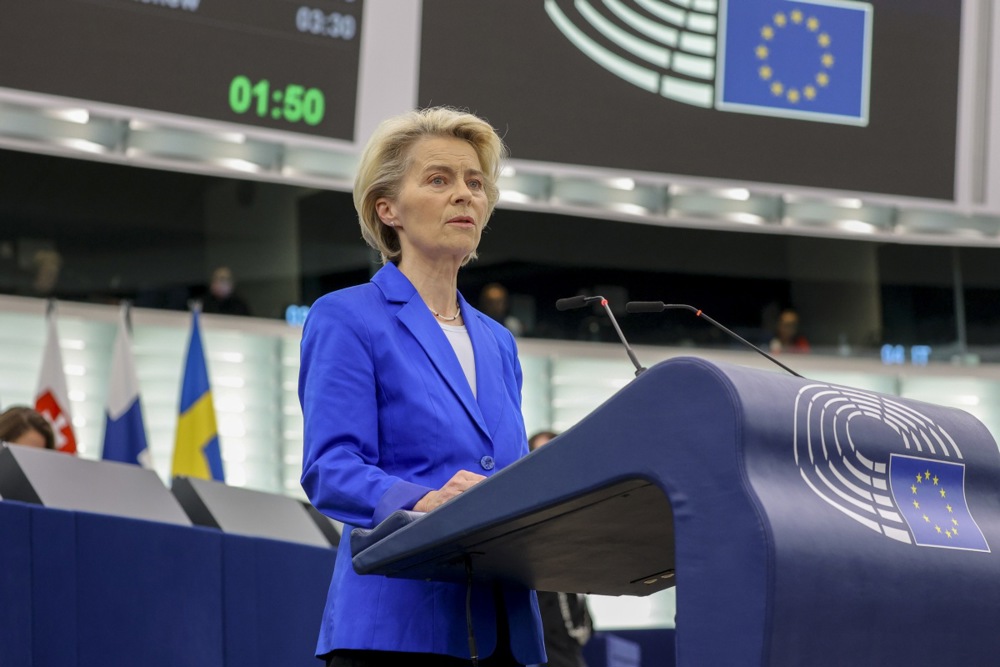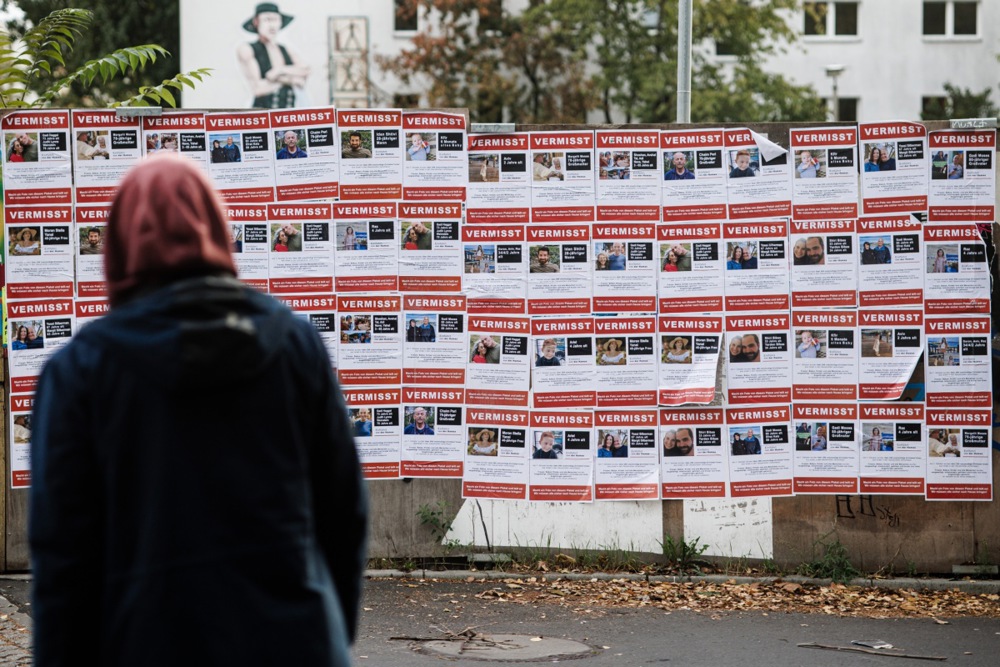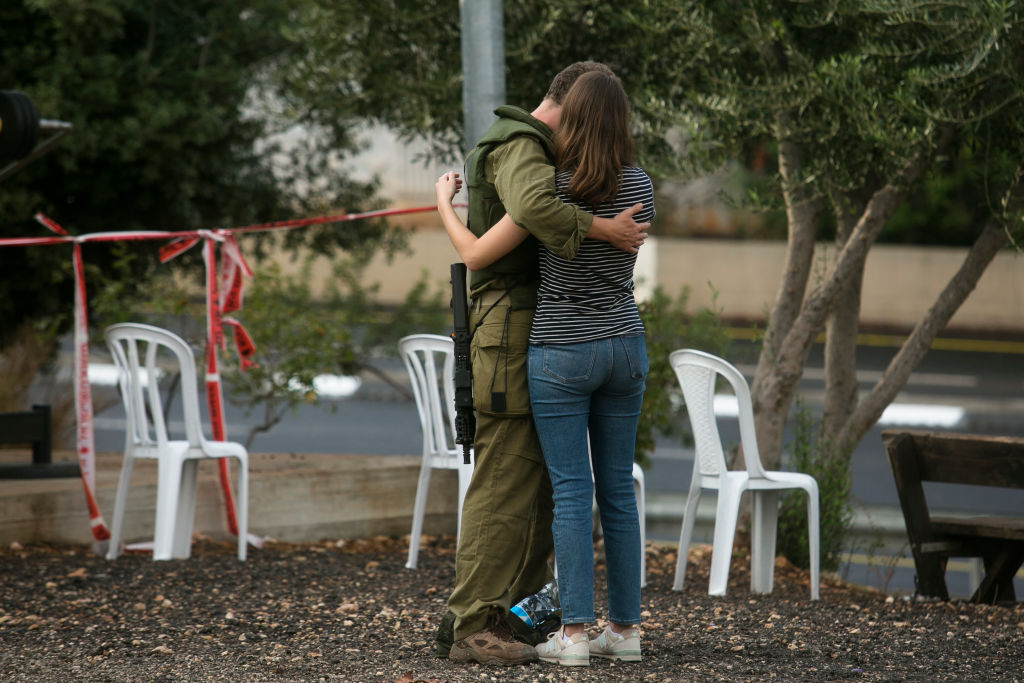Meta, the owner of Facebook and Instagram, and TikTok have both insisted they are not blocking or limiting the spread of pro-Palestine content.
It comes after both social media giants also insisted to the European Commission that they were either deleting or limiting the spread of content deemed to either be pro-Hamas, linked to Hamas, or depicting Hamas atrocities – even if such posts were shared by an account criticising the terrorist organisation.
Having tried to appease Brussels on the matter, both companies are now receiving flak from abroad for allegedly working to censor content backing Palestine, with Malaysia’s Communications Minister Fahmi Fadzil threatening the two companies over the matter.
“I have asked [the Malaysian communications regulator] to give a stern warning to TikTok and Meta on this issue,” the Muslim-majority country’s comms minister wrote on Elon Musk’s X platform.
“If this issue is ignored, I will not hesitate to take a very firm approach and stance.”
Both Meta and TikTok have denied they are limiting the spread of pro-Palestine content, with a Meta spokesman insisting there was “no truth” to the minister’s claim.
A representative from TikTok called the allegations “unfounded”.
“Our community guidelines apply equally to all content on TikTok, and we’re committed to consistently enforcing our policies to protect our community,” a spokesman for the Chinese Government-linked firm said.
The Israeli Ambassador to NATO and the European Union, Haim Regev, has rejected an EU push to have Hamas atrocities censored online. https://t.co/8wfepYRLM5
— Brussels Signal (@brusselssignal) October 17, 2023
While both companies have denied taking action against content supporting the Palestinian cause, those backing Hamas have made claims to the contrary.
According to Al Jazeera – a media firm owned by the Qatari Government – multiple users based in Europe have reported their content being censored whenever it mentions Palestine or accusations of genocide concerning the conflict.
Some have claimed that such censoring represents a form of “shadowbanning”, a practice effectively rendered illegal on Very Large Online Platforms such as TikTok, Instagram and Facebook under the European Union’s Digital Services Act.
While Meta has denied accusations that it is shadowbanning user content, the behaviour of prominent pro-Palestine supporters appears to indicate they believe otherwise.
Netizens backing the region have taken to intentionally misspelling or miss-formatting words such as “Hamas”, “Palestine” and “genocide” in the hope of getting around suspected automated blocks on such words.
View this post on Instagram
In a pro-Palestine post lashing out at Western support for Israel, the Greta Thunberg-linked Fridays For Future group uses such techniques, with posts spelling genocide as “gen0zide”, for example.
Official EU-backed censorship is travelling both ways, with the EC insisting that social media platforms censor content depicting violent Hamas atrocities regardless of who is posting it.
This is despite the Israeli ambassador to the bloc urging it to allow such content to stay online, saying that while the content is “disturbing and very painful to watch”, its presence was important to make people aware of Hamas crimes in the region.
The European Commission has ignored anti-censorship pleas from Israel, stating that footage depicting Hamas “atrocities” and “war crimes”, or anything to do with the terrorist organisation, must be censored on the European internet. https://t.co/EL0gESQo1u
— Brussels Signal (@brusselssignal) October 18, 2023





